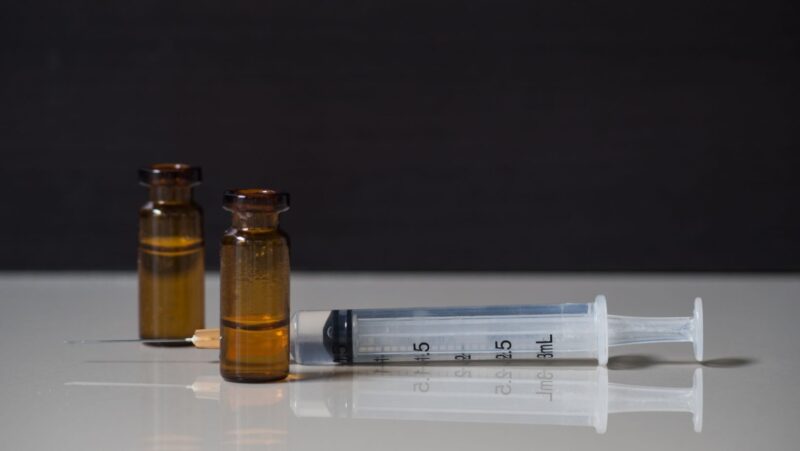
Substance use doesn’t happen in a vacuum. For many men, addiction is closely tied to mental health struggles—like anxiety, depression, trauma, or unresolved stress. And yet, these issues often go unspoken or untreated until they reach a crisis point.
Understanding the connection between mental health and substance use disorder (SUD) in men is a key step toward breaking the stigma—and helping more men get the care they deserve.
Men, Mental Health, and Substance Use: A Silent Struggle
According to the National Institute on Drug Abuse (NIDA), men are more likely than women to use nearly all types of illicit drugs, and they are also more likely to die from overdose. At the same time, men are significantly less likely to seek mental health treatment.
Why? Because cultural norms often teach men to “tough it out,” downplay emotions, or fear appearing weak if they ask for help. As a result, many men turn to substances as a coping mechanism.
Common triggers include:
- Work-related stress or burnout
- Suppressed trauma or PTSD (especially in veterans)
- Struggles with emotional expression or anger
- Co-occurring conditions like depression, anxiety, or ADHD
When left untreated, these underlying issues can fuel a cycle of substance use and worsening mental health.
How Substance Use and Mental Illness Reinforce Each Other
Substance use might offer temporary relief—but it often intensifies mental health symptoms over time. Alcohol, for example, can deepen depression. Stimulants can worsen anxiety. And many drugs interfere with sleep, decision-making, and emotional regulation.
This creates a loop:
- A man feels overwhelmed or emotionally unwell
- He uses substances to cope
- The substance worsens his mental health
- He uses more to escape the growing discomfort
Breaking this cycle often starts with safe withdrawal and stabilization, such as through San Diego detox programs that are designed with men’s physical and emotional needs in mind.
Why Gender-Specific Care Matters
Men benefit from treatment environments that understand their unique challenges and communication styles. Programs tailored for men can:
- Create space for emotional vulnerability without judgment
- Address anger, shame, and grief through group work
- Offer peer connection with others who’ve shared similar struggles
- Focus on identity, masculinity, and emotional literacy
At ORCA MH, detox is just the first step. Their programs integrate medical stabilization with mental health support, helping clients uncover the root causes behind their substance use and develop long-term strategies for recovery.
When to Seek Help
If you or a man you love is using substances to cope with stress, trauma, or emotional pain, it’s time to take a closer look. Signs it may be time for help include:
- Increased isolation or irritability
- Drinking or using drugs to sleep, relax, or feel normal
- Work or relationship issues related to substance use
- Avoidance of emotional conversations or therapy
A structured San Diego detox program can provide a safe, supported start to recovery—while addressing the mental health challenges that often go hand-in-hand with addiction.
Healing Is Strength
Asking for help isn’t a sign of weakness—it’s one of the most powerful things a man can do. With the right support, it’s possible to heal not just from substance use, but from the emotional burdens that led there in the first place.
If you’re ready to take the first step, ORCA MH offers compassionate, confidential care tailored specifically to men’s recovery journeys. Healing starts here.













